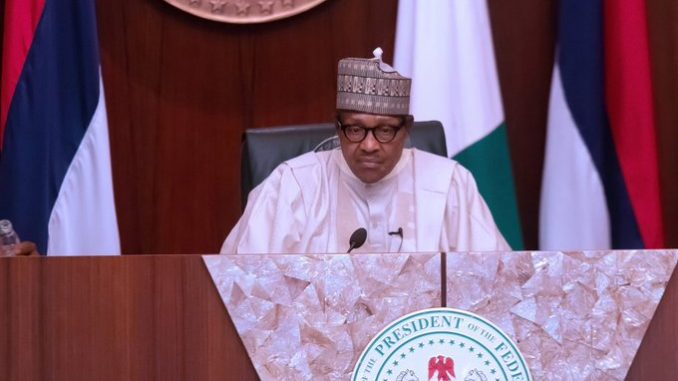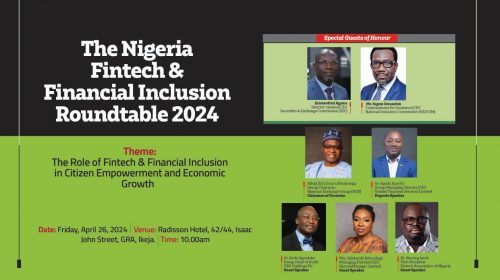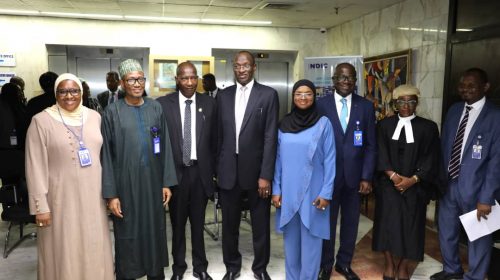Inflation awful under Buhari as 63% Nigerians spend income on food – SBM Report

A report by SB Morgen Intelligence has revealed that no fewer than 63 per cent of Nigerians spend their income on food as inflation rises in the last five years of President Muhammadu Buhari.
The August 2020 Report entitled ‘Through the Roof: A legacy of high inflation and unemployment’ SBM also said also said inflation averaged 12.82 per cent during the period.
The report stated that even though Buhari assumed office in May 2015 with inflation at 9 per cent, poor economic decisions meant it peaked at 18.7 per cent in January 2017, at the same time the country was in the grip of recession.
It further noted that in Buhari’s five years as president, “headline inflation has averaged 13.2 per cent, while food inflation has averaged 15 per cent.”
The African-focused research firm stated that food inflation had been in “double digits for more than three years as the rise in the food index was caused by increases in prices of bread and cereals, potatoes, yam, and other tubers, meat, fruits, oils and fats, and fish.”
The report read: “Annual inflation in Nigeria rose for the 11th straight month in July 2020 as the novel coronavirus pandemic took its toll on imports and logistics. Inflation climbed to 12.82 per cent, its highest level in more than two years, from 12.56 per cent in June, the National Bureau of Statistics said.
“A separate index for food, which accounts for the bulk of the inflation basket, showed a price increase of 15.48 per cent from 15.18 per cent in June. Food inflation has been in double digits for more than three years. In Nigeria, measuring food inflation is particularly important as a majority of people within the borders of the country spend most of their income on food.
“An SBM study from last year found that only 37 per cent of Nigerians had any discretionary income after expenditure on food. One of the economic legacies of the Buhari administration will be high inflation. Even though he assumed office in May 2015 with inflation at 9 per cent, poor economic decisions meant it peaked at 18.7 per cent in January 2017, at the same time the country was in the grip of recession.
“In his five years as President, headline inflation has averaged 13.2 per cent, while food inflation has averaged 15 per cent. Yields on treasury bills and bonds have now fallen below inflation, a major stumbling block for the central bank’s push to attract foreign inflows to support the naira and boost the economy.”
The report added that rising insecurity in the country was also aggravating the food crisis and unless the country addressed it, there would be more disturbances.






Leave a Reply